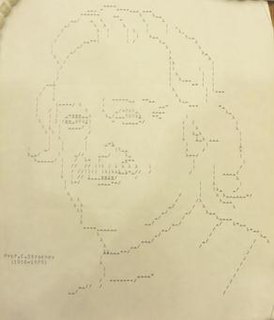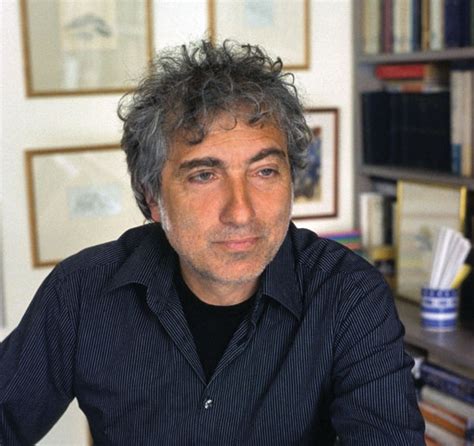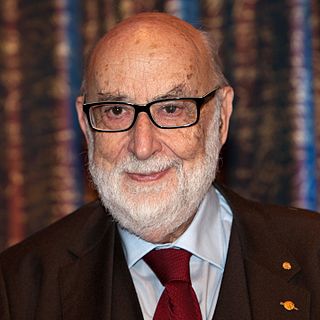A Quote by Alfred North Whitehead
It is not paradox to say that in our most theoretical moods we may be nearest to our most practical applications.
Quote Topics
Related Quotes
The most dangerous type of atheism is not theoretical atheism, but practical atheism -that's the most dangerous type. And the world, even the church, is filled up with people who pay lip service to God and not life service. And there is always a danger that we will make it appear externally that we believe in God when internally we don't. We say with our mouths that we believe in him, but we live with our lives like he never existed. That is the ever-present danger confronting religion. That's a dangerous type of atheism.
There is a direct line that runs from our doctrine to our actions, from what is in our minds to what is in our words and ways... The heart spills over into life. Thoughts of God, and of all else, erupt into acts. The filling of the heart with wise thoughts of God becomes the most important, the most practical, business in the world.
It has long been my personal view that the separation of practical and theoretical work is artificial and injurious. Much of the practical work done in computing, both in software and in hardware design, is unsound and clumsy because the people who do it have not any clear understanding of the fundamental design principles of their work. Most of the abstract mathematical and theoretical work is sterile because it has no point of contact with real computing.
We have been taught to wish for it, but the wish to be understood may be our most vengeful demand, may be the way we hang on, as adults , to our grudge against our mothers; the way we never let our mothers off the hook for their not meeting our every need. Wanting to be understood, as adults, can be our most violent form of nostalgia.
The fear of speculation, the ostensible rush from the theoretical to the practical, brings about the same shallowness in action that it does in knowledge. It is by studying a strictly theoretical philosophy that we become most acquainted with Ideas, and only Ideas provide action with vigour and ethical meaning.
Most people would say they live with an internal angst that they can't always put their finger on. This is because the Internet has changed our very way of being in this world, compelling us to be perpetually "on" - from our cars to our computers, our tablets to our smartphones, our desks to our living rooms or dining tables, our churches to our libraries to our schools.








































